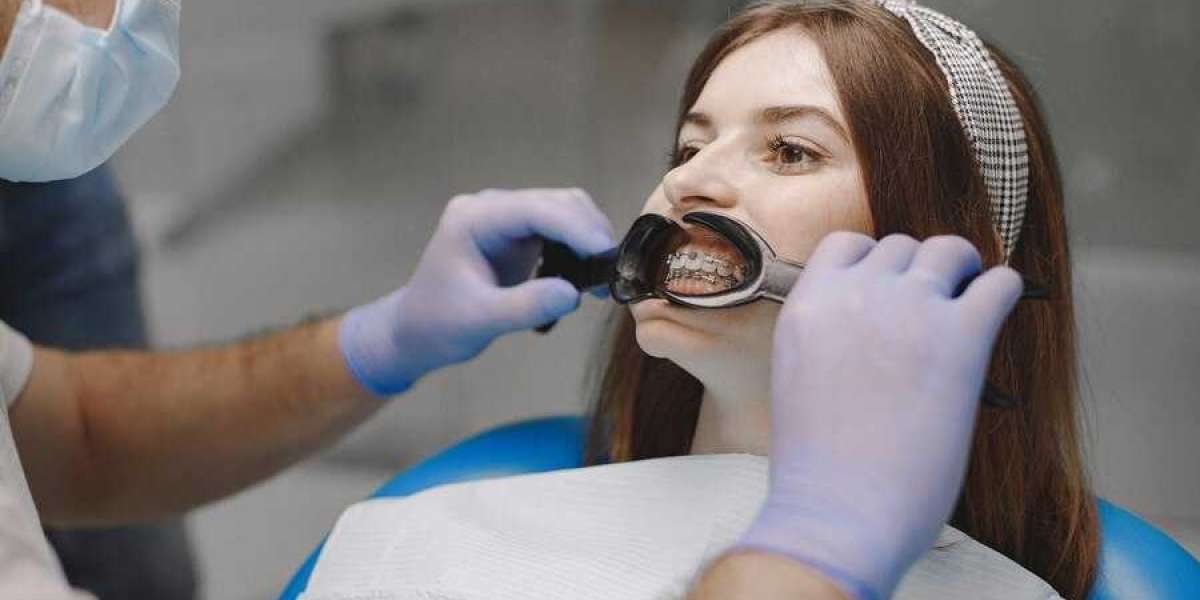If you've ever experienced the sharp, throbbing pain of an abscessed tooth, you know how desperate you can feel to get relief. The temptation to pull the tooth yourself might seem like a quick solution, but this seemingly simple fix can lead to a world of complications. The truth is, pulling an abscessed tooth on your own isn’t just risky—it can be downright dangerous. Let’s explore why this dental emergency requires professional care and the potential harm of attempting to handle it yourself.
What Is an Abscessed Tooth?
An abscessed tooth occurs when an infection develops at the root of the tooth or in the surrounding gum tissue. This infection results from untreated tooth decay, cracked teeth, or gum disease, allowing bacteria to build up and form a painful pus-filled pocket. Symptoms of an abscess include severe pain, swelling, a bad taste in the mouth, and in some cases, fever or swollen lymph nodes.
Why Pulling an Abscessed Tooth Is Dangerous
1. Infection Can Spread to Other Parts of the Body
When a tooth is abscessed, it means there's an active infection present. Simply pulling the tooth doesn’t address the root cause: the bacteria. Worse, disturbing the abscessed area can cause the infection to spread to surrounding tissues or even into the bloodstream. This can lead to serious, potentially life-threatening conditions like sepsis or Ludwig’s angina—a deep infection in the neck.
2. Increased Risk of Nerve Damage
Teeth are connected to nerves that run throughout your face and jaw. Pulling an abscessed tooth without the right technique or equipment could damage these nerves, resulting in persistent pain, numbness, or even permanent facial damage. "https://celebratedentalaustin.com/blogs/dangers-of-pulling-an-abscessed-tooth/">Dental professionals use specialized tools and precise methods to minimize the risk of nerve damage when they remove teeth.
3. Improper Healing and Complications
An abscess isn't just a surface problem; it's a deep infection that can spread through the jaw and gum tissue. Simply removing the tooth doesn’t eliminate the infection. Without proper treatment, such as draining the abscess and prescribing antibiotics, the infection can continue to spread, leading to delayed healing and more significant oral health issues.
4. Damage to Surrounding Teeth and Gums
Attempting to pull a tooth without professional guidance can cause unintended harm to the surrounding teeth, gums, and even the jawbone. Dentists are trained to remove teeth with minimal trauma to the area, reducing the risk of damaging nearby teeth or soft tissues. In contrast, an improper DIY extraction can create more problems than it solves.
The Right Way to Treat an Abscessed Tooth
Rather than taking matters into your own hands, the best way to treat an abscessed tooth is to visit a dentist as soon as possible. Dentists will evaluate the extent of the infection and recommend appropriate treatment options, which may include:
- Antibiotics: To control and eliminate the infection.
- Drainage of the Abscess: If the abscess is severe, the dentist may need to drain it to remove the pus.
- Root Canal Treatment: This procedure can save the tooth while removing the infected pulp inside.
- Tooth Extraction: In extreme cases, if the tooth cannot be saved, a dentist can remove it safely while addressing the infection to prevent complications.
Why Home Remedies Aren’t Enough
Some people turn to home remedies like saltwater rinses, clove oil, or over-the-counter painkillers to ease the pain of an abscessed tooth. While these may provide temporary relief, they don’t address the underlying infection. Only a professional dentist can fully treat an abscess and ensure the infection is removed. Ignoring the issue or relying on home remedies can allow the infection to worsen, leading to more significant health risks.
Understanding the Symptoms of an Abscessed Tooth
If you're experiencing symptoms of an abscessed tooth, it’s crucial to seek dental help immediately. Key signs to watch out for include:
- Severe toothache that may radiate to your jaw, neck, or ear.
- Sensitivity to hot or cold food and beverages.
- Swelling in the face, cheek, or gums.
- A swollen lymph node in your neck or jaw.
- Difficulty chewing, swallowing, or breathing.
- Fever or a general feeling of being unwell.
- A sudden foul taste in your mouth if the abscess ruptures.
These symptoms should not be ignored, as they indicate a serious infection that requires prompt professional care.
FAQs
Can I pull an abscessed tooth myself?
No, pulling an abscessed tooth on your own is extremely dangerous and can lead to severe complications, including the spread of infection, nerve damage, and improper healing.
What happens if I leave an abscessed tooth untreated?
An untreated abscess can lead to the spread of infection to other parts of your body, including your jaw, neck, and heart. In severe cases, it can cause life-threatening conditions like sepsis.
Will antibiotics alone cure an abscessed tooth?
Antibiotics can help manage the infection, but they are not a long-term solution. A dentist must treat the underlying cause of the abscess to fully resolve the issue, which may include draining the abscess or performing a root canal.
How long can you wait with an abscessed tooth?
You should not wait to treat an abscessed tooth. Delaying treatment can lead to more severe complications and increases the risk of the infection spreading.
Is pulling a tooth painful?
In a dental setting, tooth extraction is performed under local anesthesia, minimizing pain during the procedure. Attempting to pull a tooth yourself, however, is extremely painful and can result in lasting damage.
How is an abscessed tooth treated by a dentist?
A dentist will first address the infection with antibiotics and may drain the abscess. Depending on the severity, they may perform a root canal or extract the tooth, ensuring that the infection is fully treated.
Conclusion
Pulling an abscessed tooth might seem like a quick fix, but the dangers far outweigh any perceived benefits. Without professional care, you risk spreading the infection, damaging nerves, and causing more harm to your mouth and body. The best course of action is always to seek prompt dental care, where the root of the problem can be safely treated. Your health—and your smile—"../">are worth protecting.








